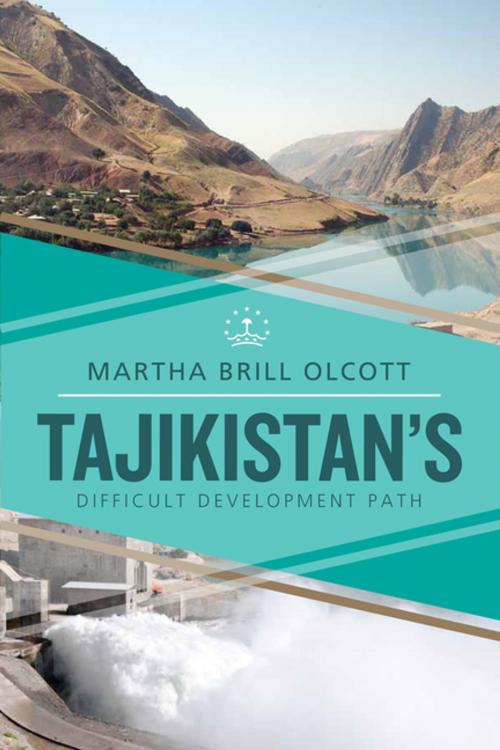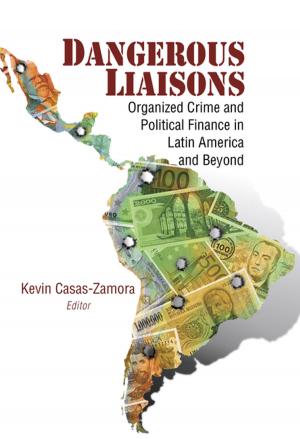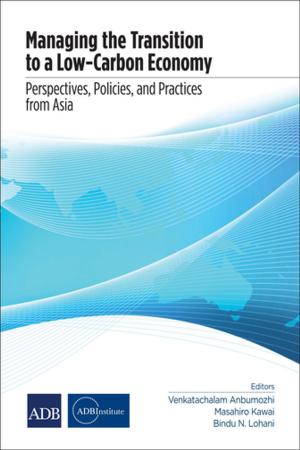Tajikistan's Difficult Development Path
Nonfiction, Social & Cultural Studies, Political Science, International, International Relations| Author: | Martha Brill Olcott | ISBN: | 9780870033032 |
| Publisher: | Brookings Institution Press | Publication: | November 27, 2012 |
| Imprint: | Carnegie Endowment for Int'l Peace | Language: | English |
| Author: | Martha Brill Olcott |
| ISBN: | 9780870033032 |
| Publisher: | Brookings Institution Press |
| Publication: | November 27, 2012 |
| Imprint: | Carnegie Endowment for Int'l Peace |
| Language: | English |
Tajikistan teeters on the brink of failure. This mountainous and landlocked country, the poorest in Central Asia, confronts the challenges of good governance and economic survival. These domestic struggles become even more problematic as international forces prepare to withdraw from neighboring Afghanistan, leaving Central Asian countries to ensure regional stability.
In Tajikistan's Difficult Development Path, Martha Brill Olcott traces the political, economic, and social change following the country's independence and international efforts to avert state collapse. The Tajik government's commitment to reform has been inconsistent, and substantial foreign assistance provided since the end of the country's civil war has not led to the desired economic and political development.
Olcott concludes that the Tajik leadership faces a serious dilemma: fully embrace reform or continue moving toward state failure. Tajikistan's decision will have very real implications for this troubled region.
Tajikistan teeters on the brink of failure. This mountainous and landlocked country, the poorest in Central Asia, confronts the challenges of good governance and economic survival. These domestic struggles become even more problematic as international forces prepare to withdraw from neighboring Afghanistan, leaving Central Asian countries to ensure regional stability.
In Tajikistan's Difficult Development Path, Martha Brill Olcott traces the political, economic, and social change following the country's independence and international efforts to avert state collapse. The Tajik government's commitment to reform has been inconsistent, and substantial foreign assistance provided since the end of the country's civil war has not led to the desired economic and political development.
Olcott concludes that the Tajik leadership faces a serious dilemma: fully embrace reform or continue moving toward state failure. Tajikistan's decision will have very real implications for this troubled region.















